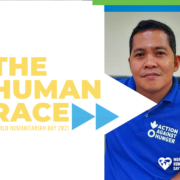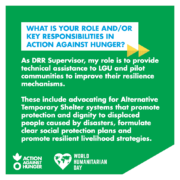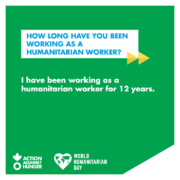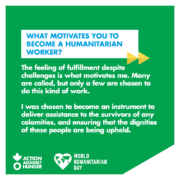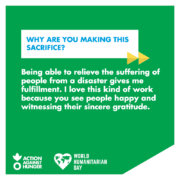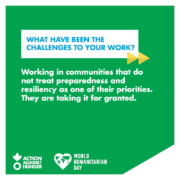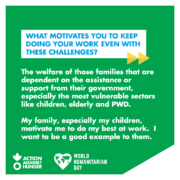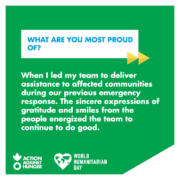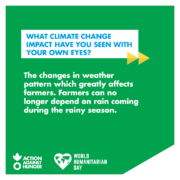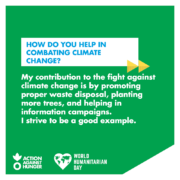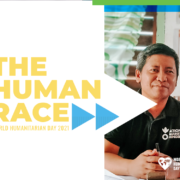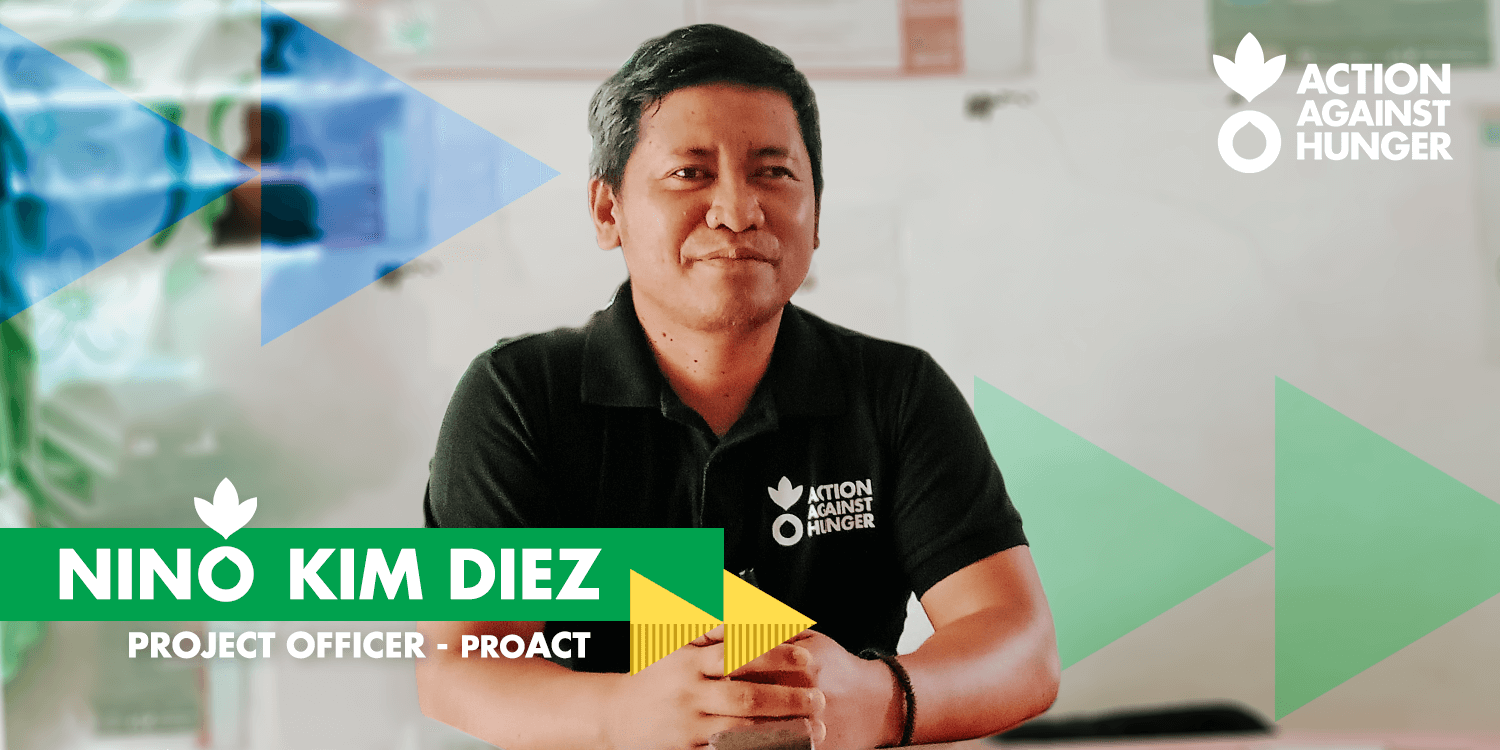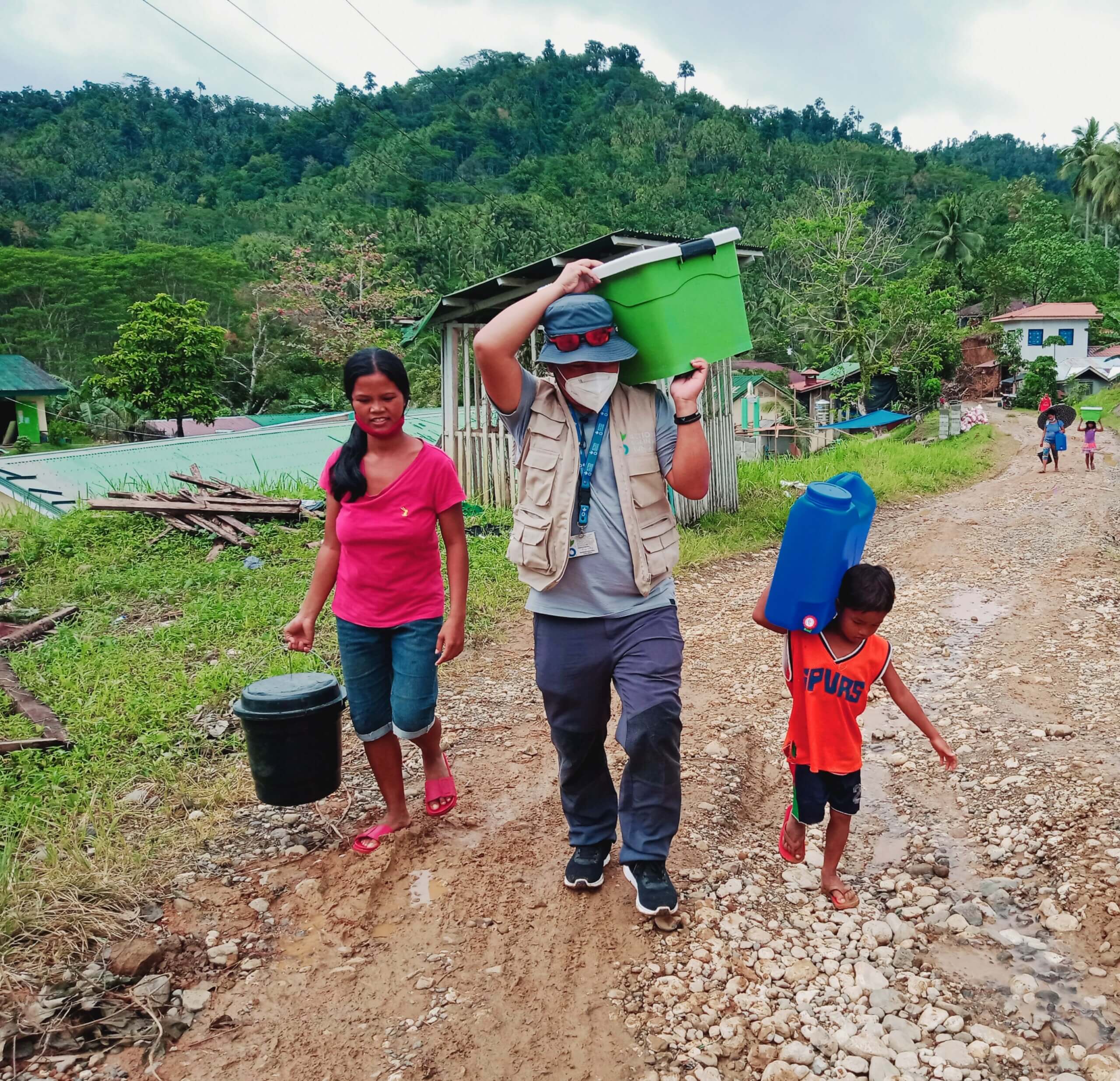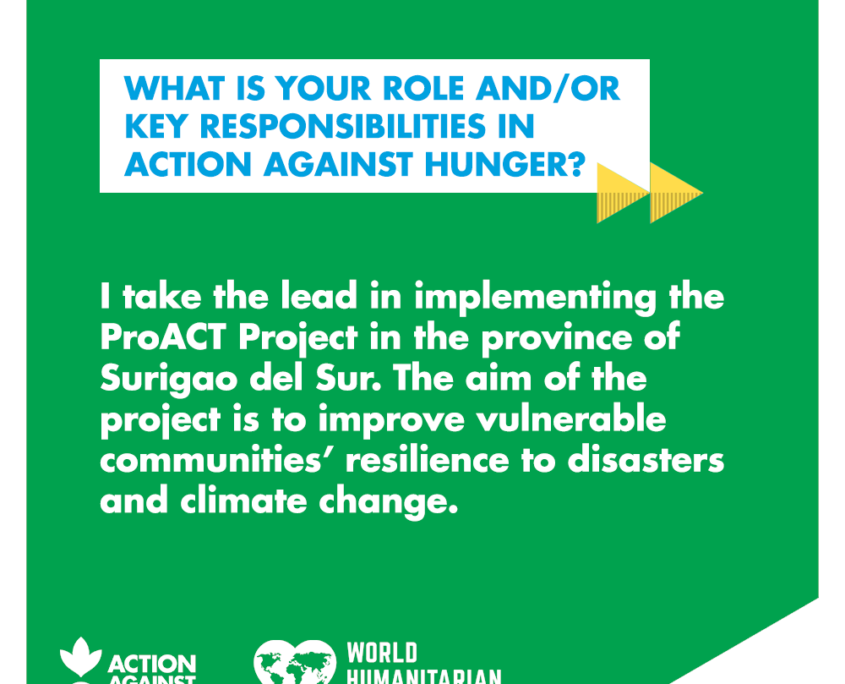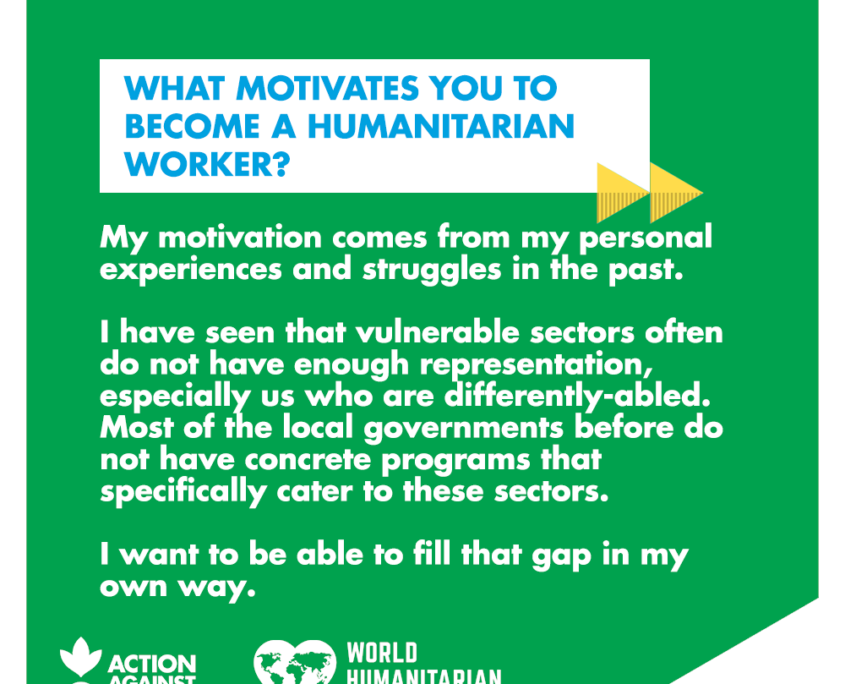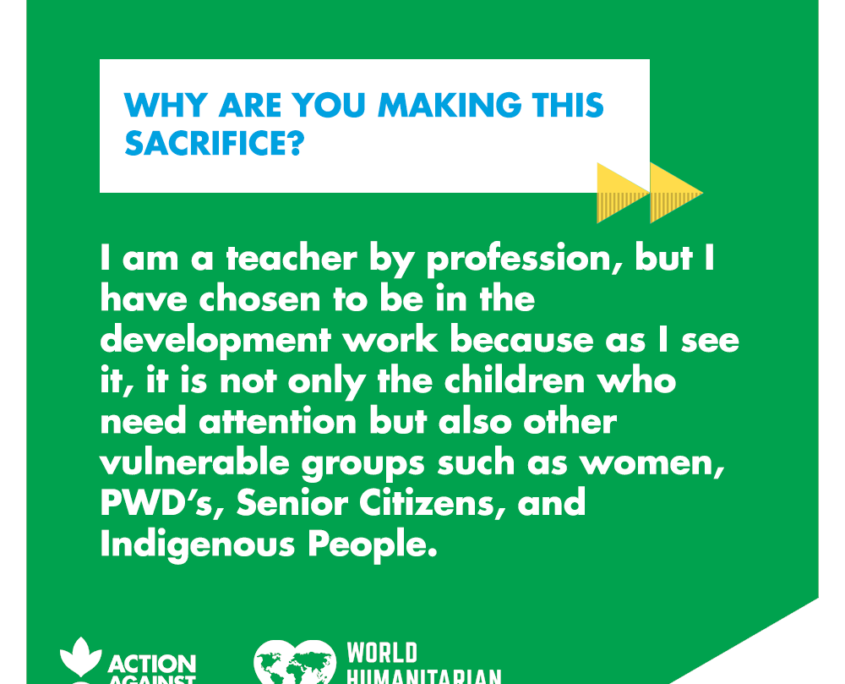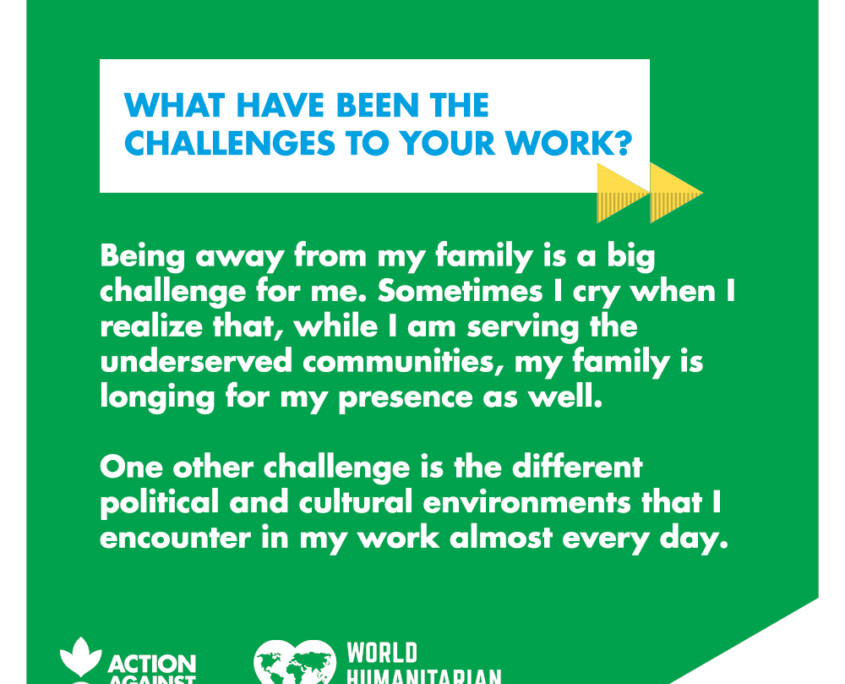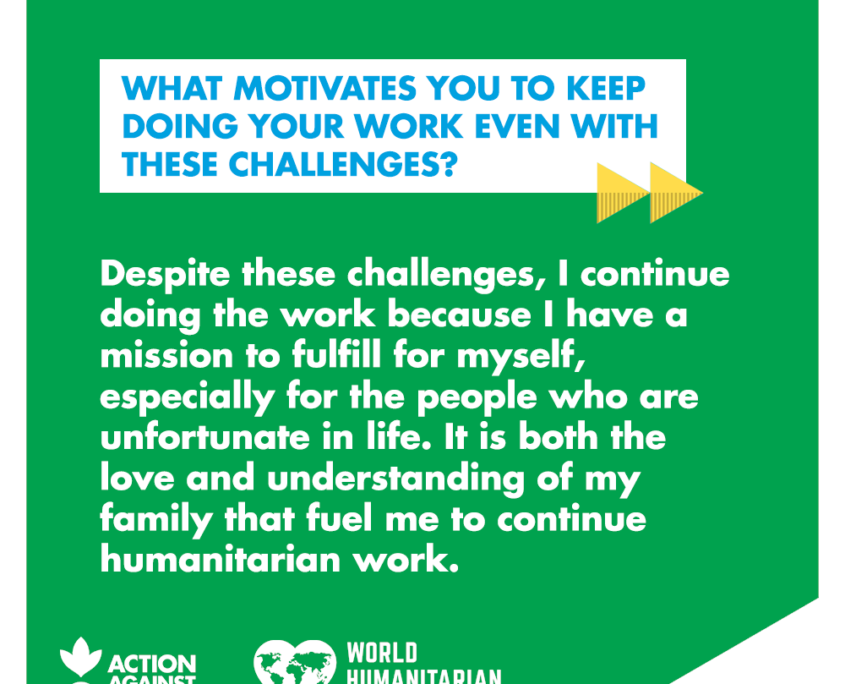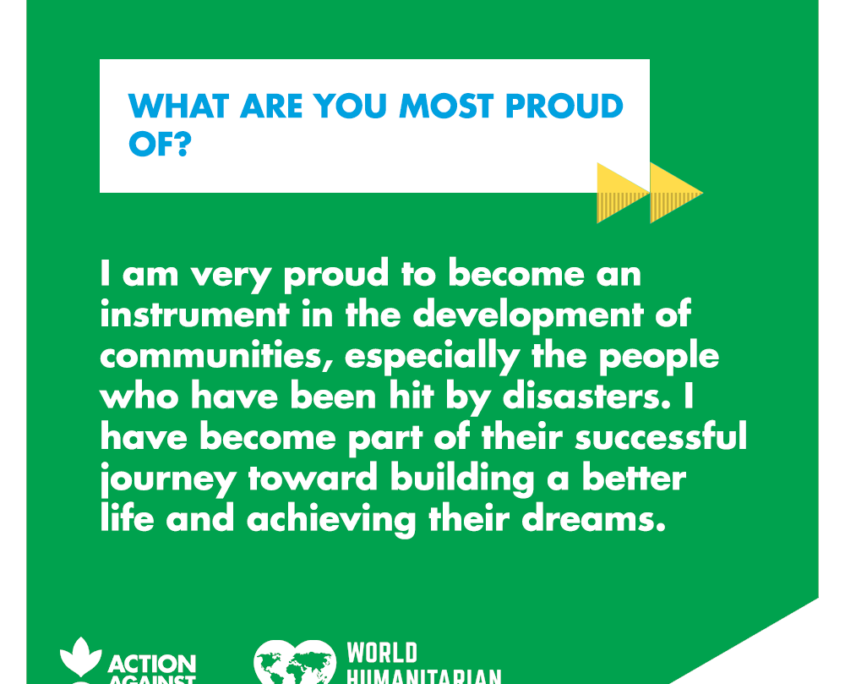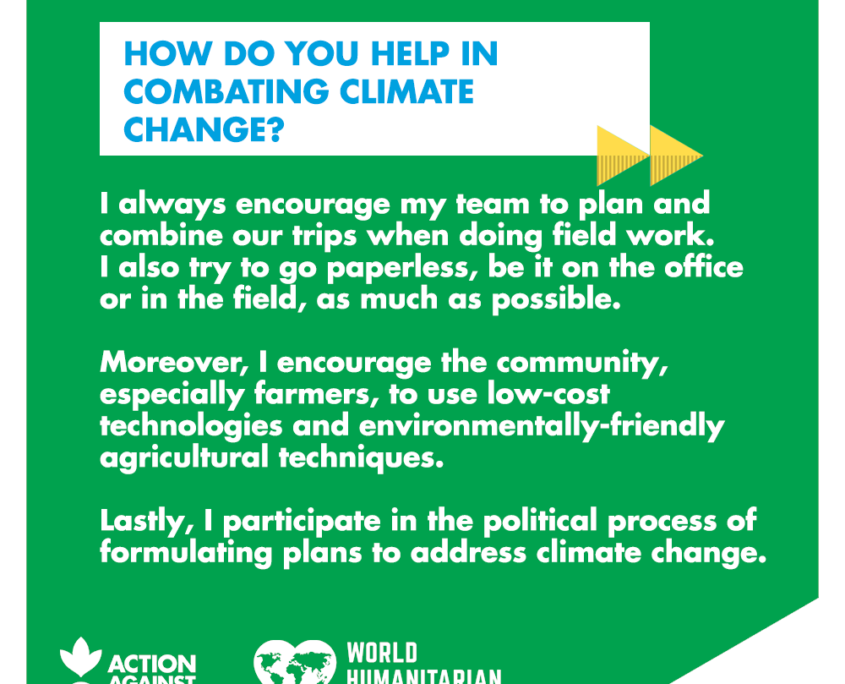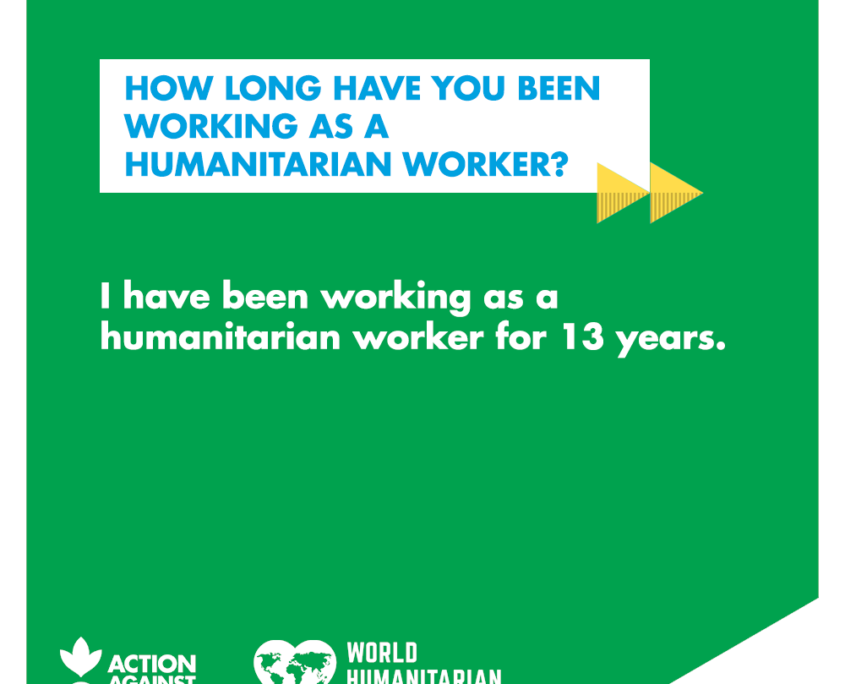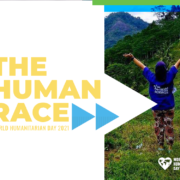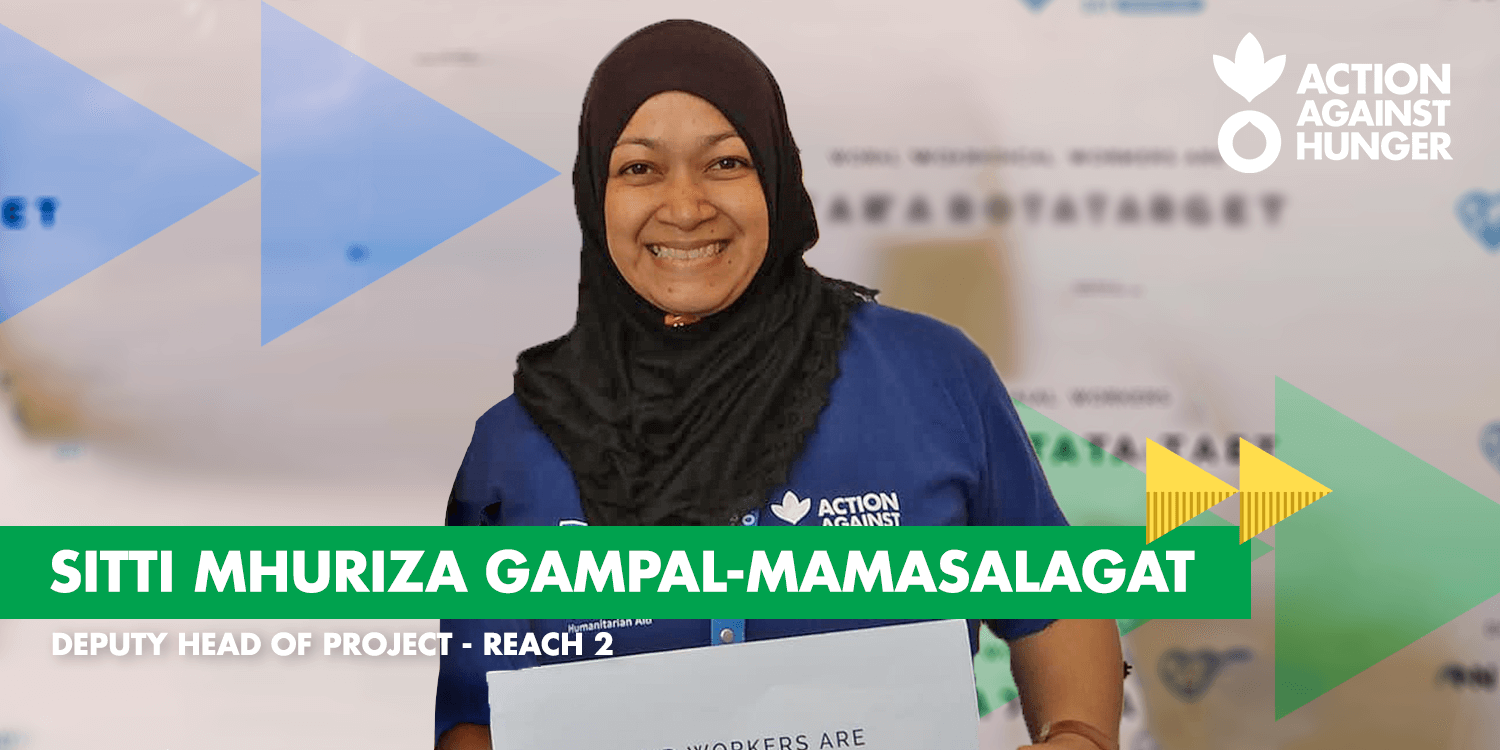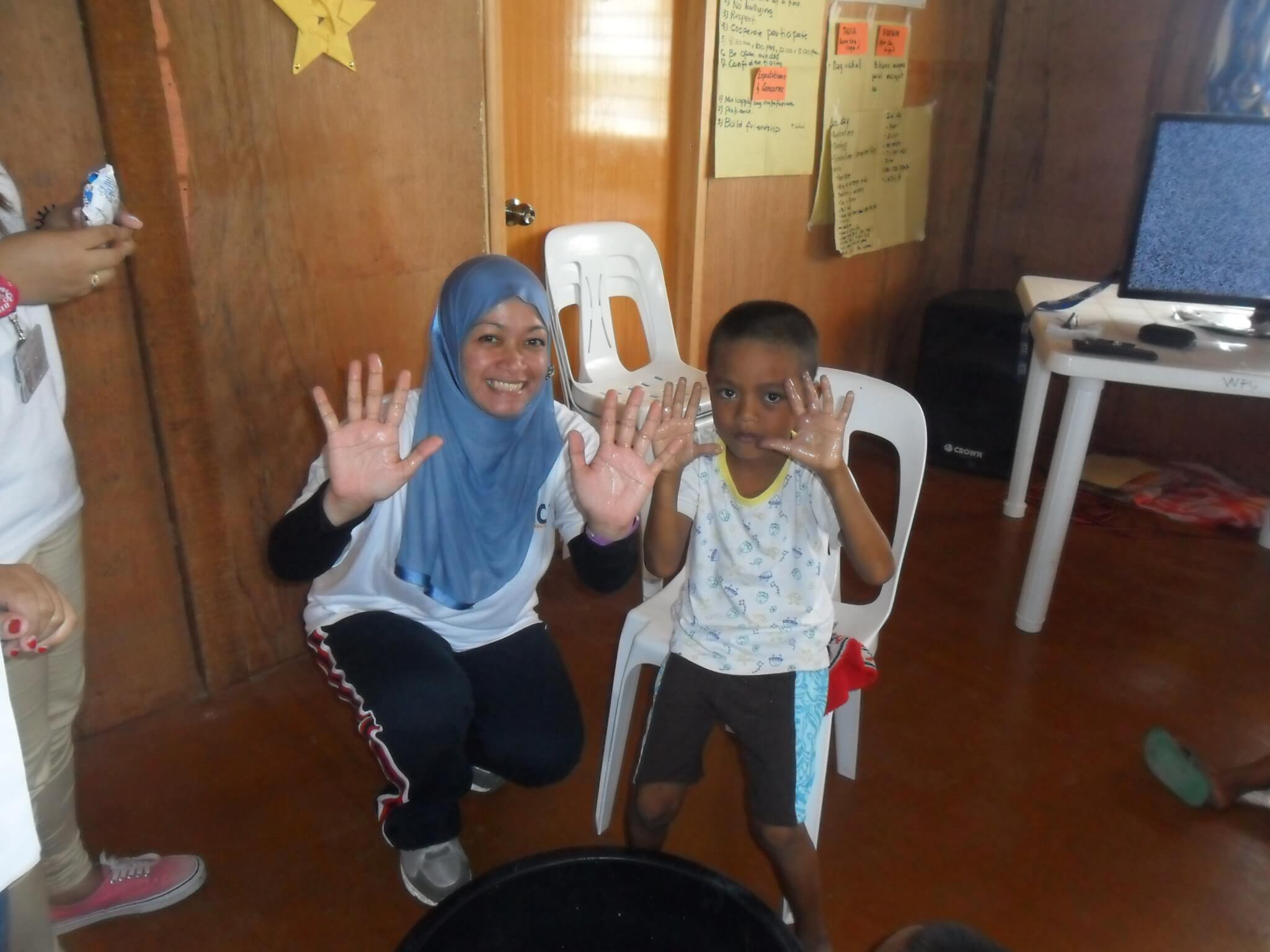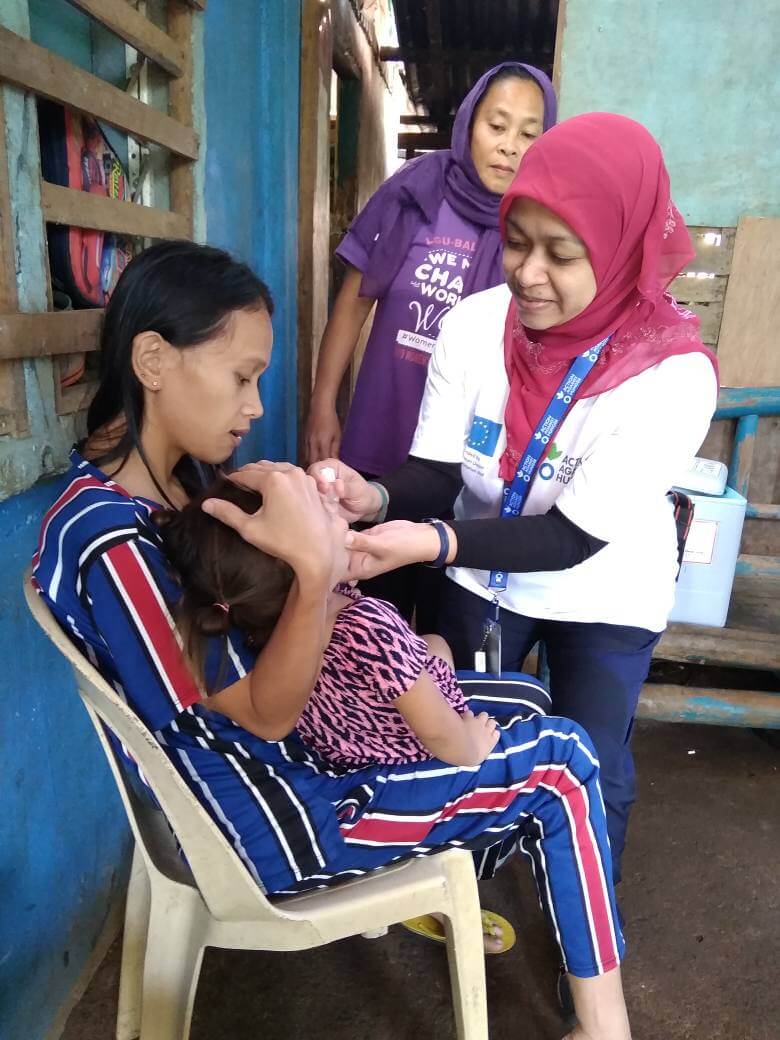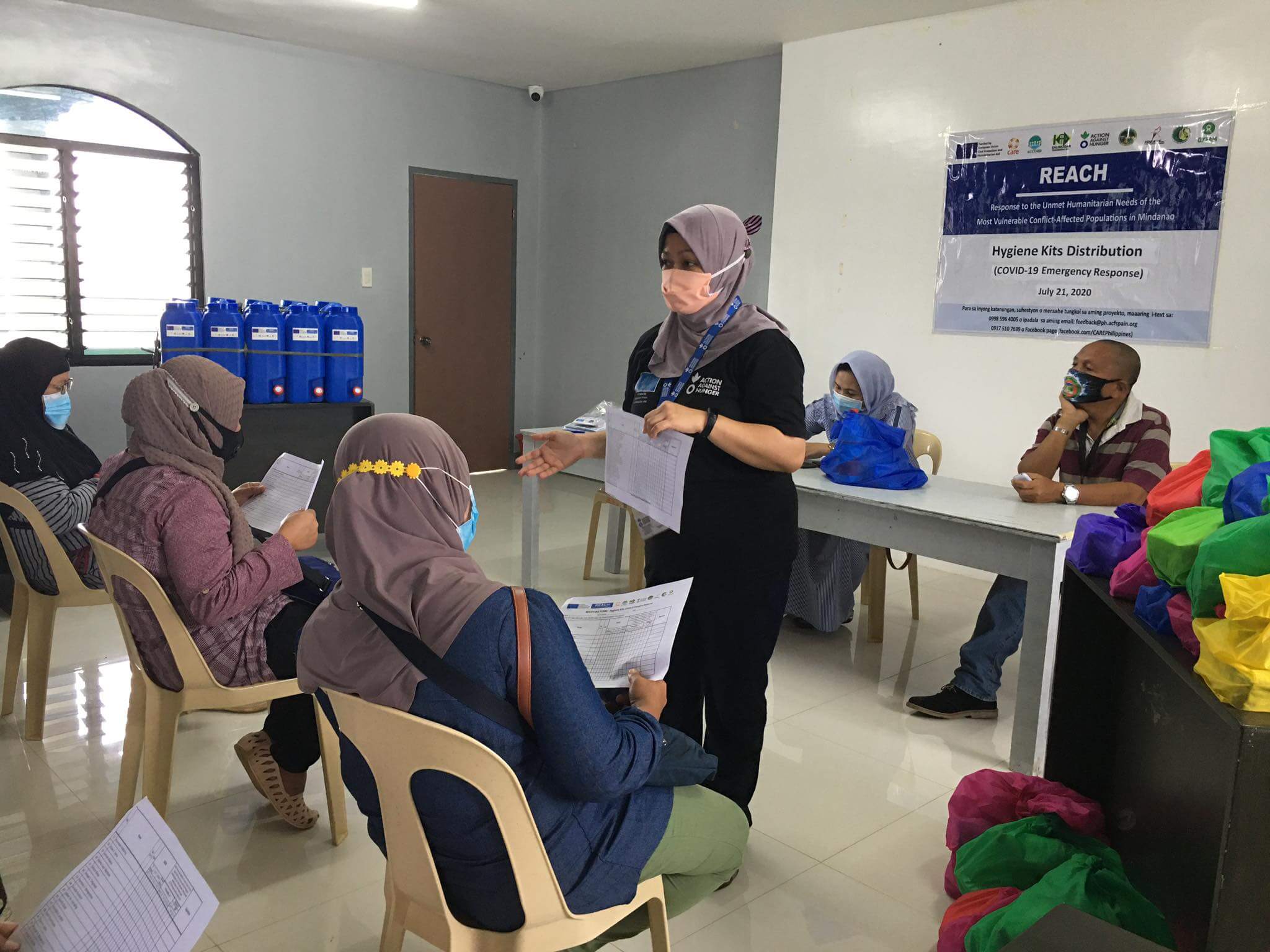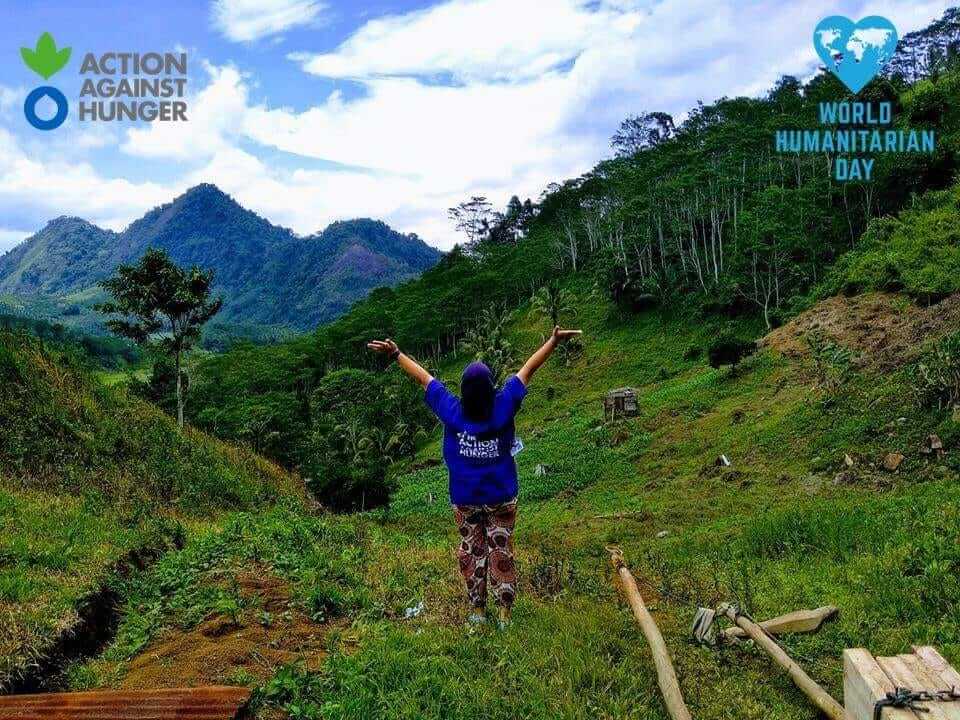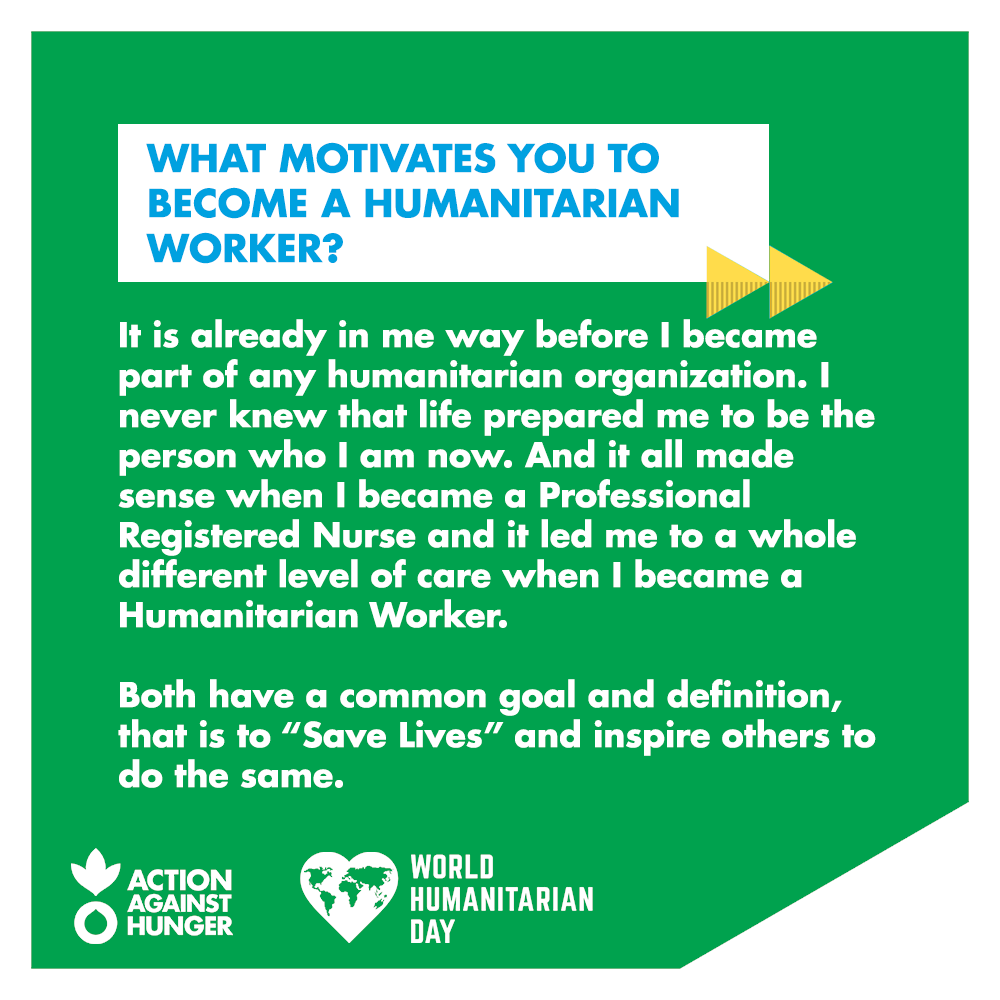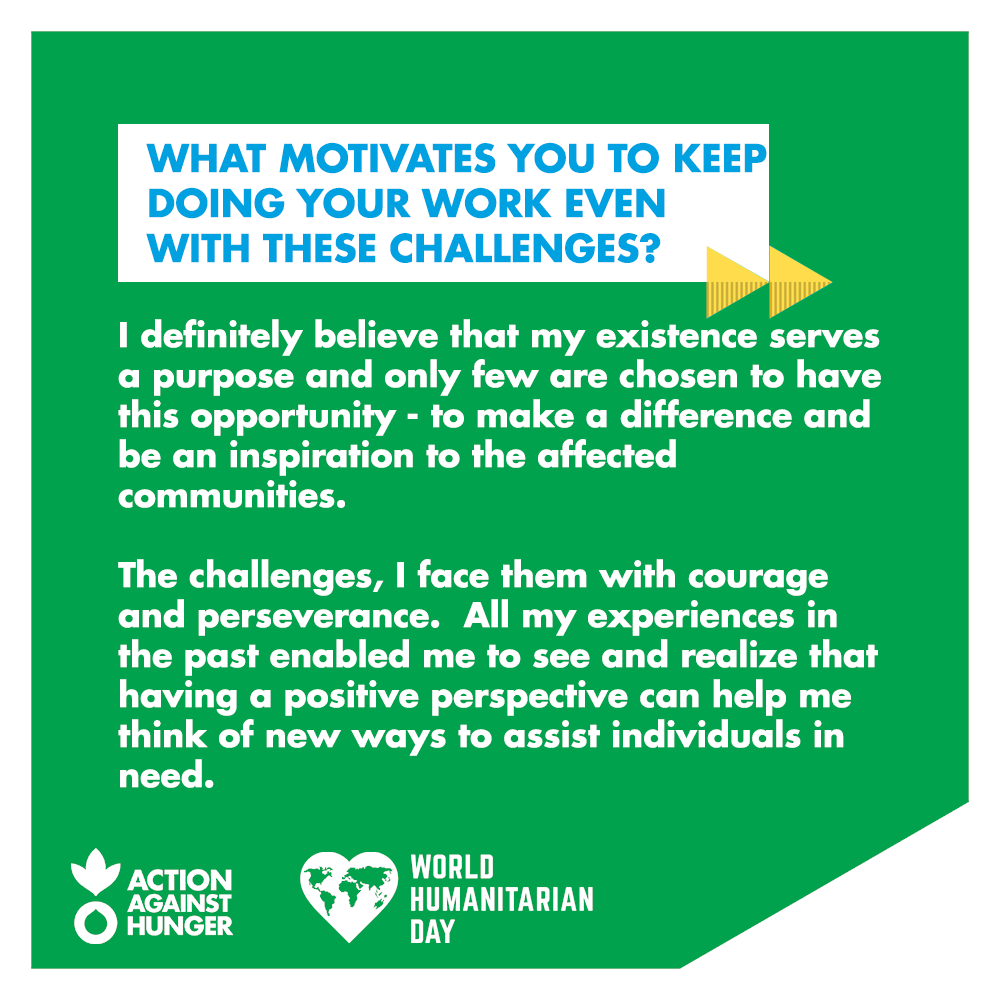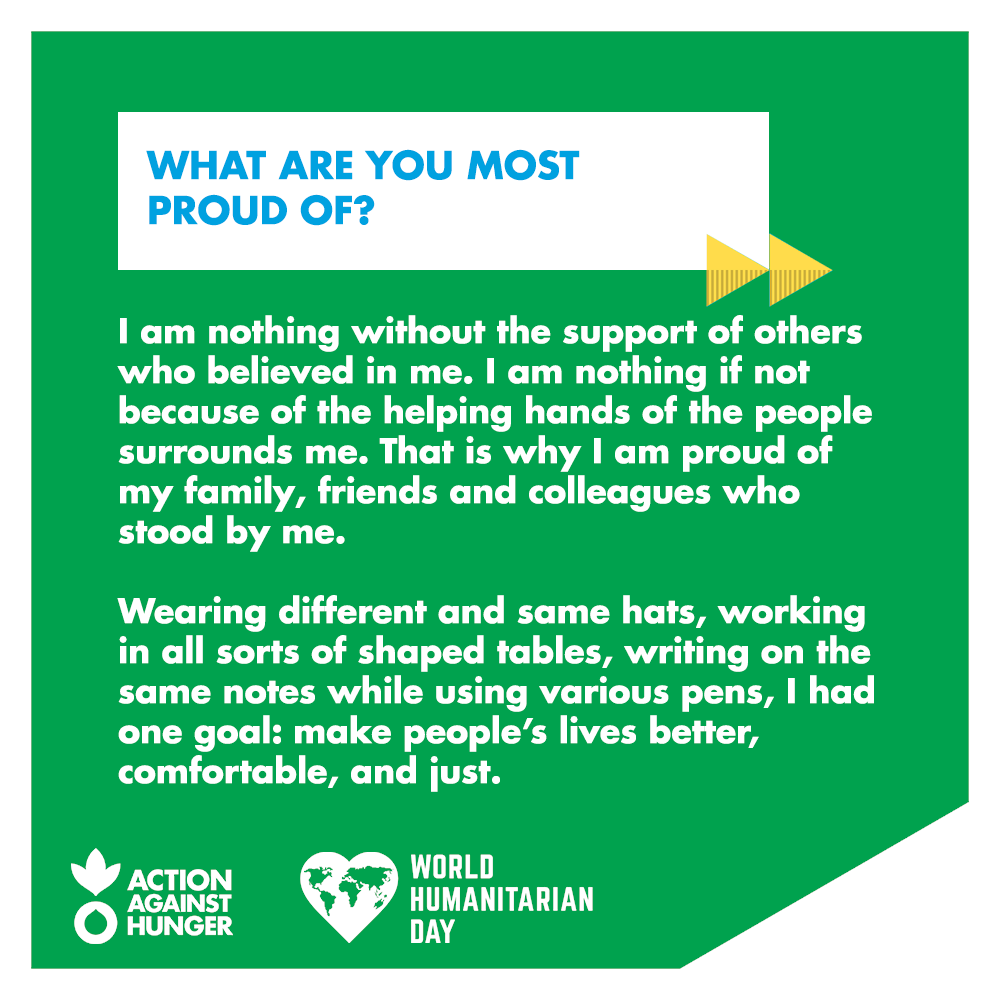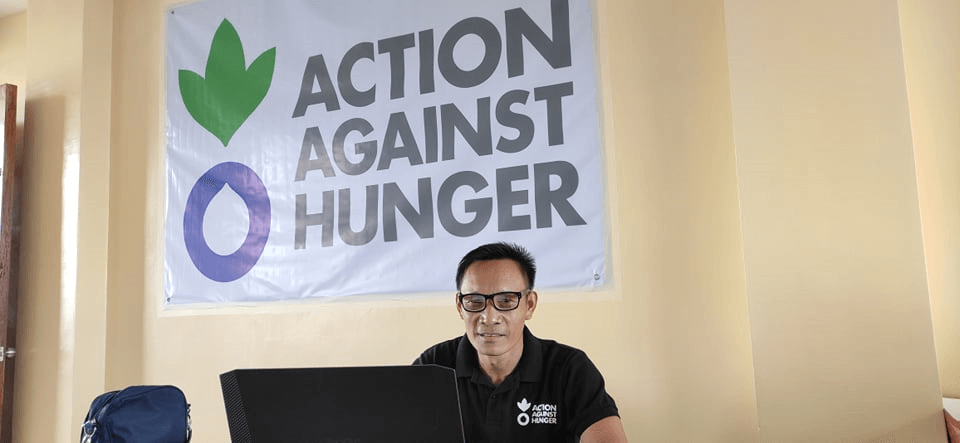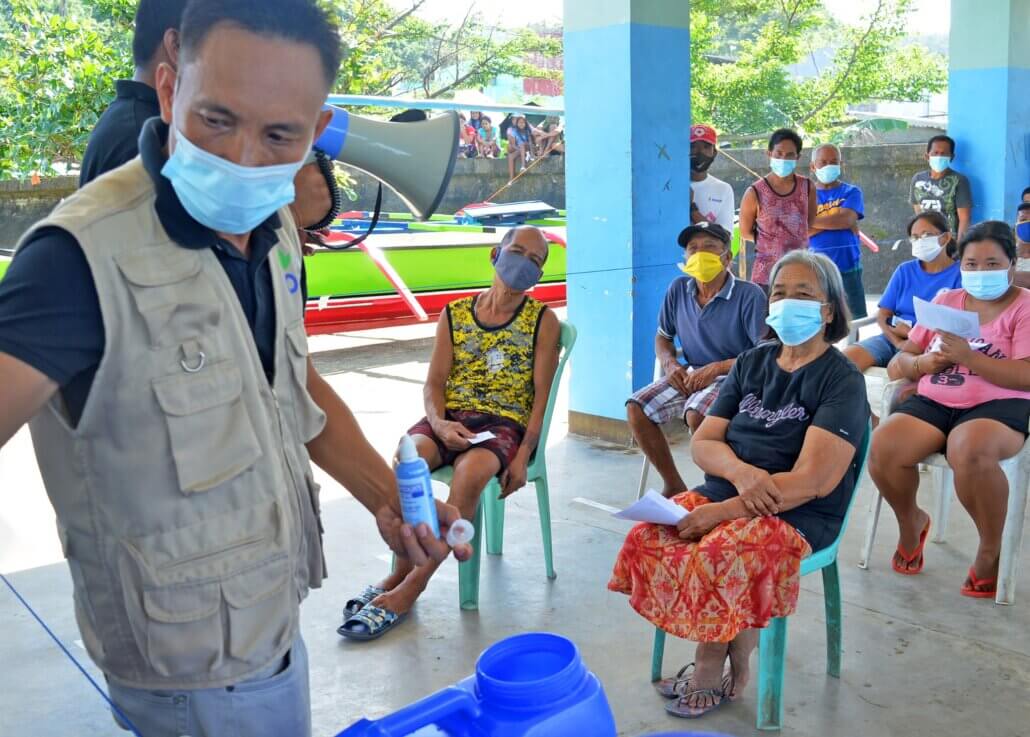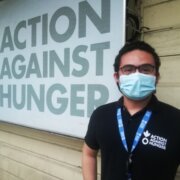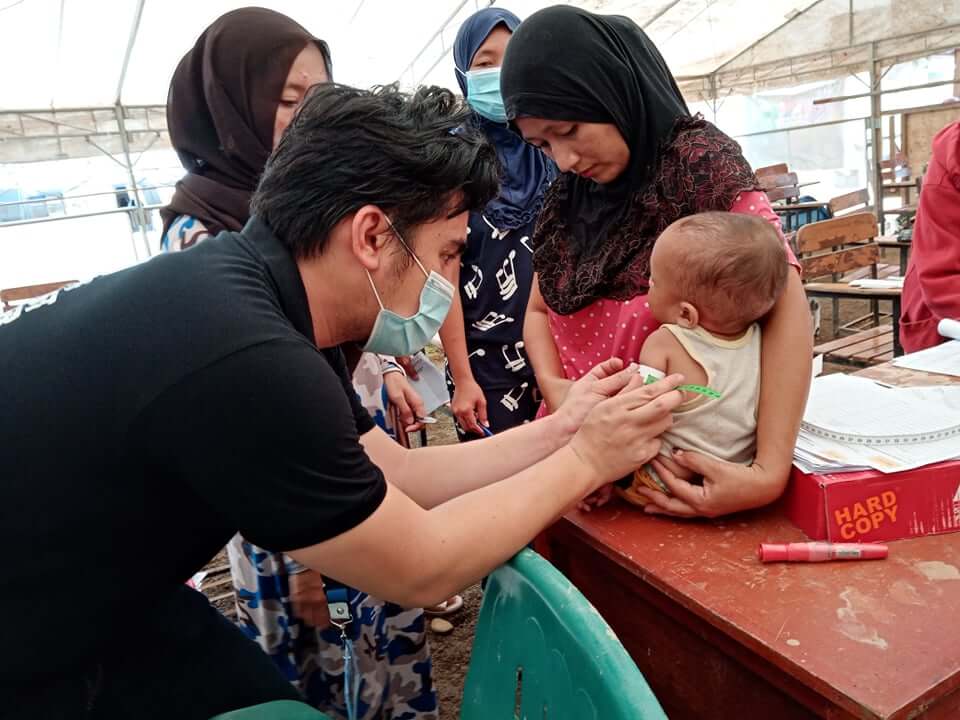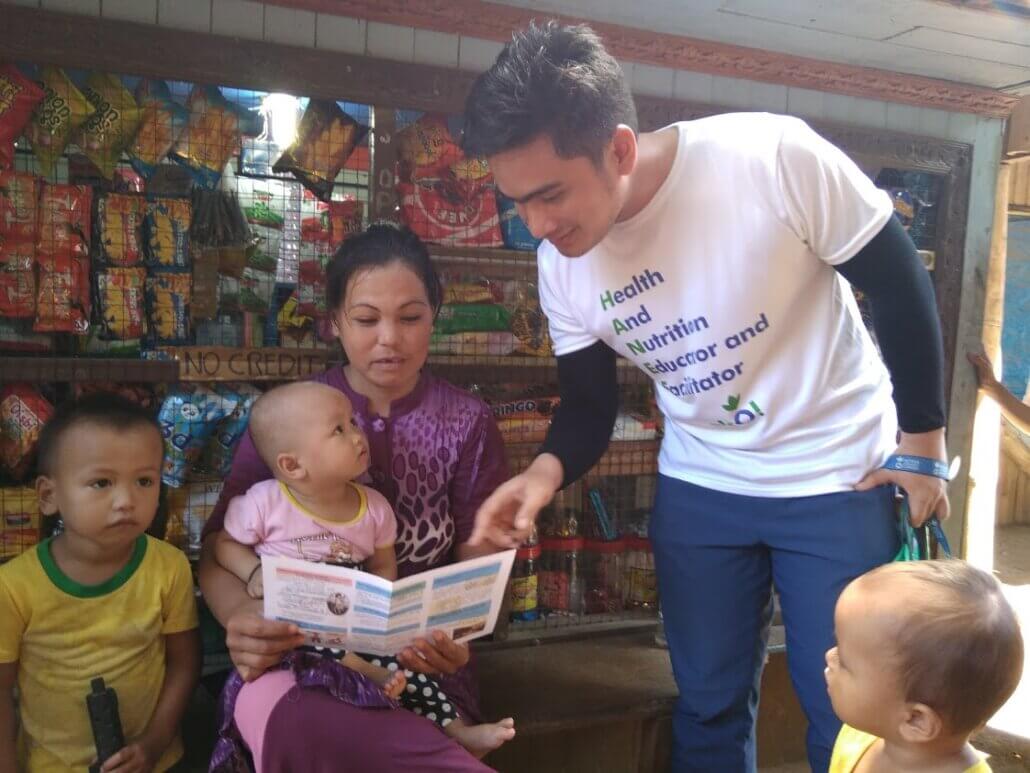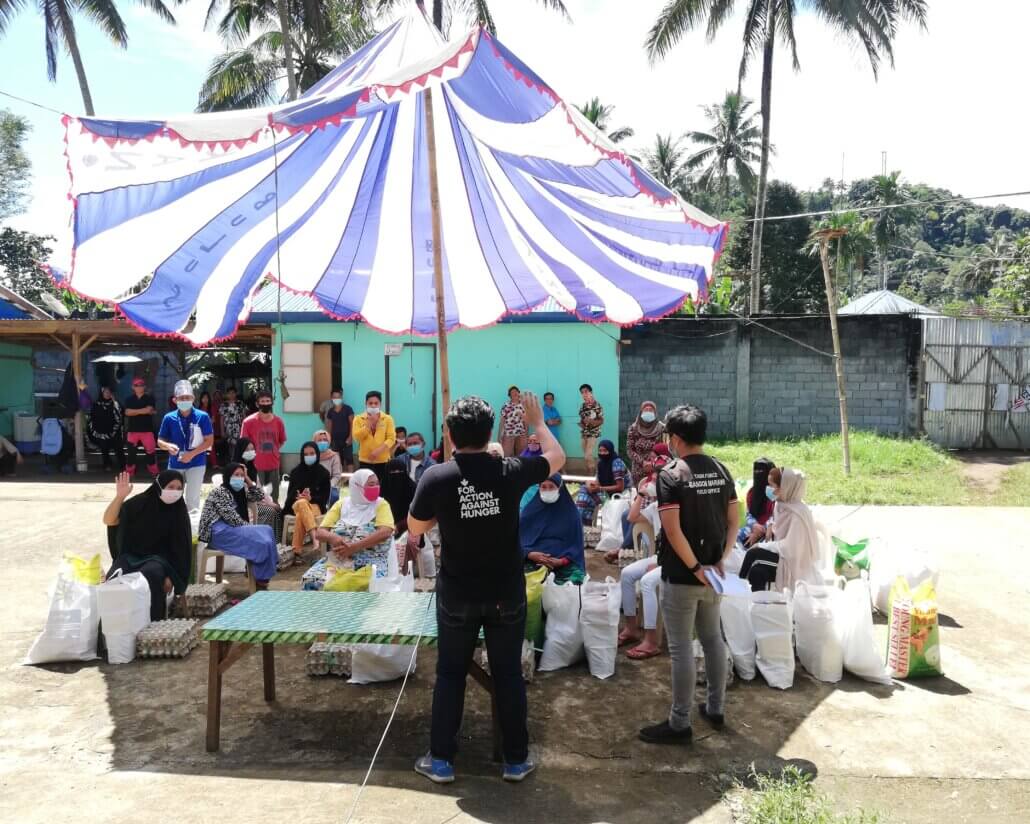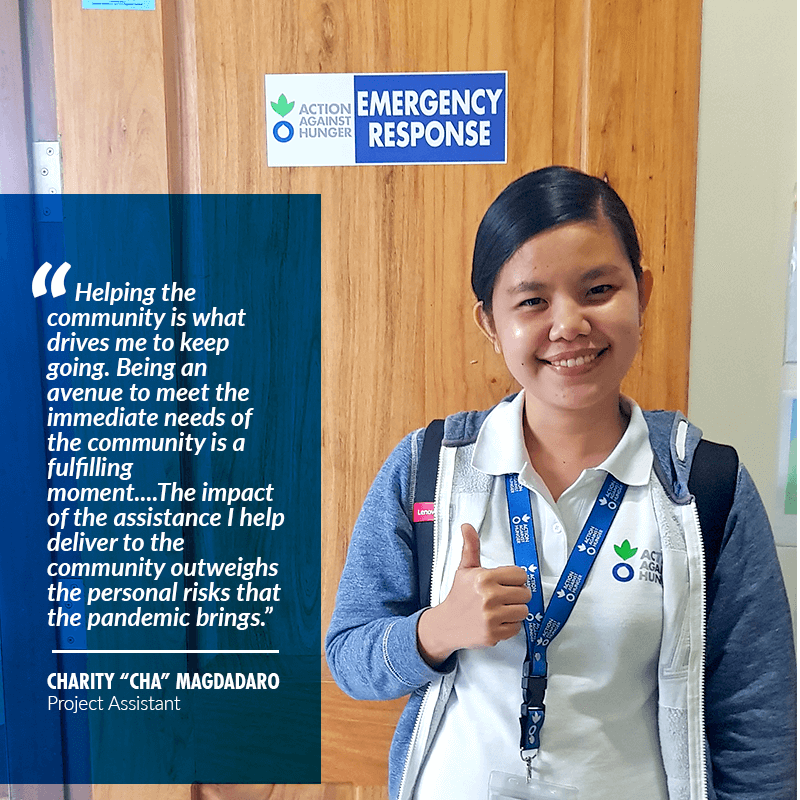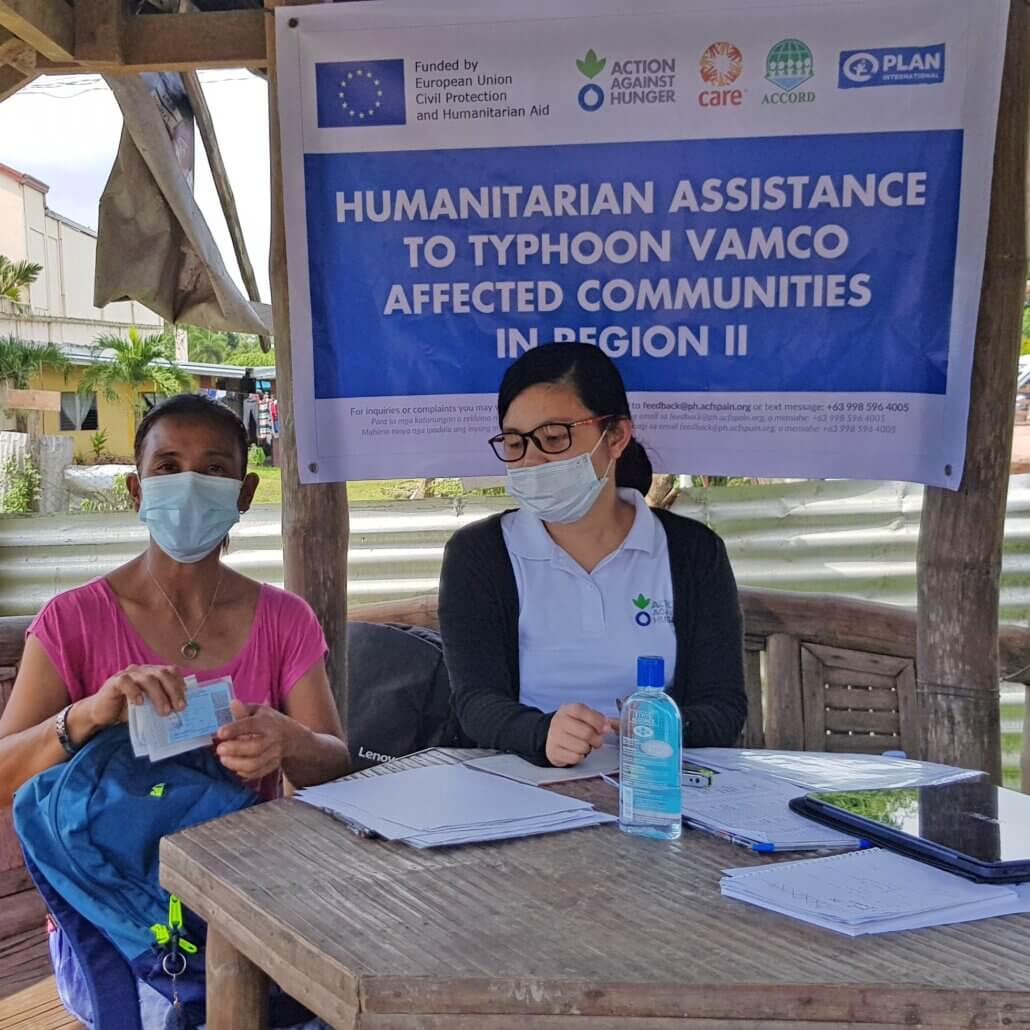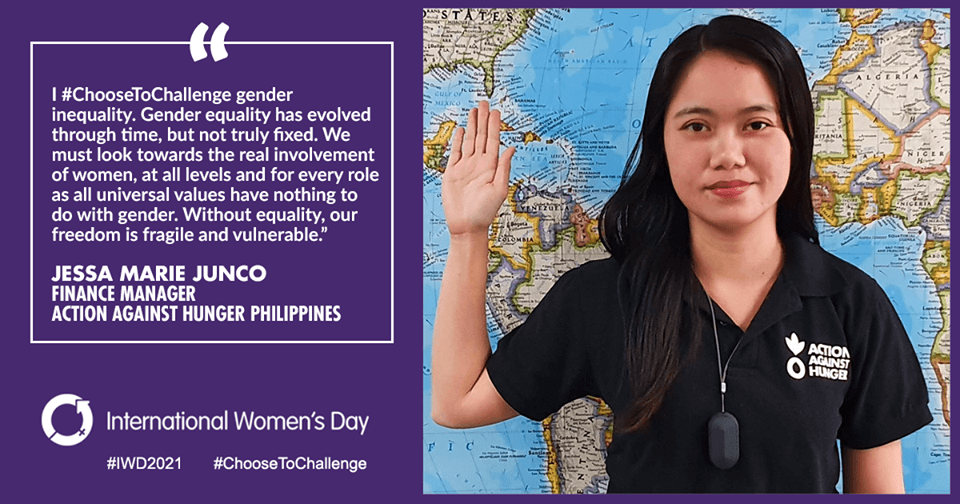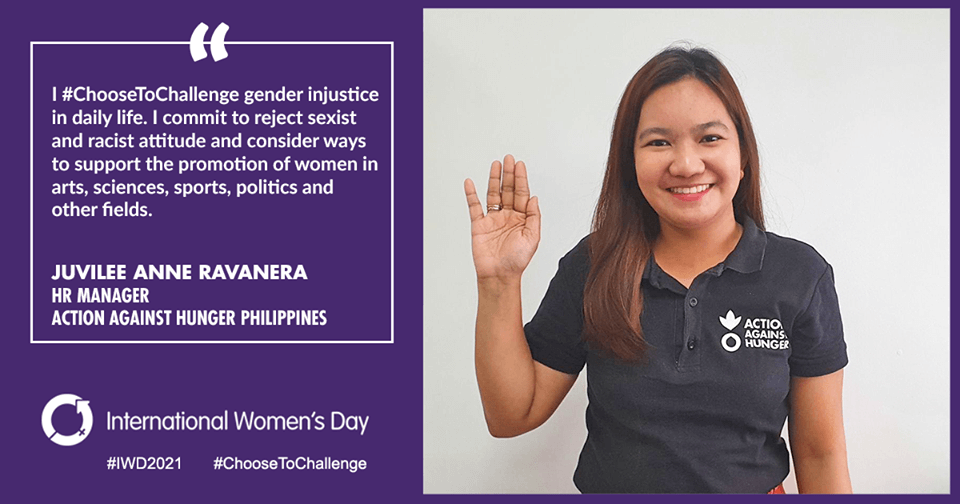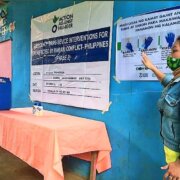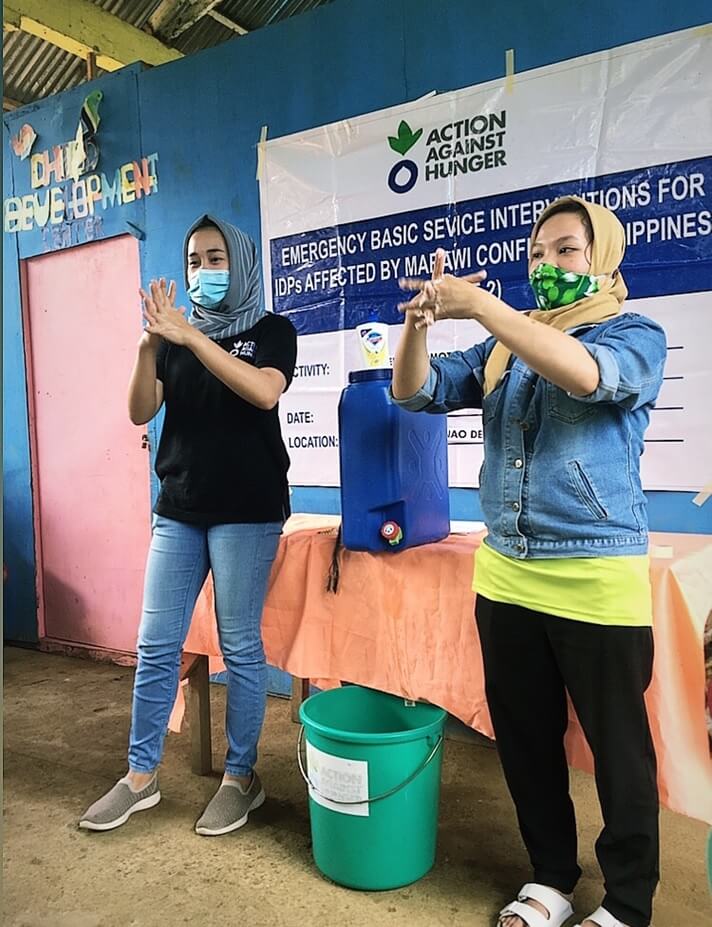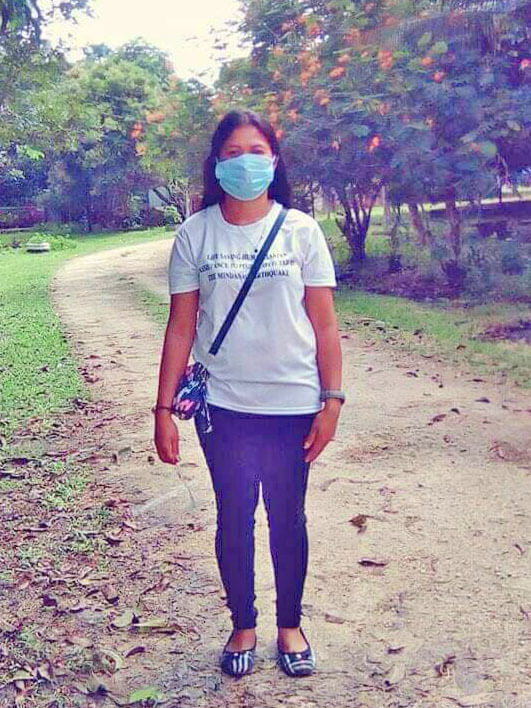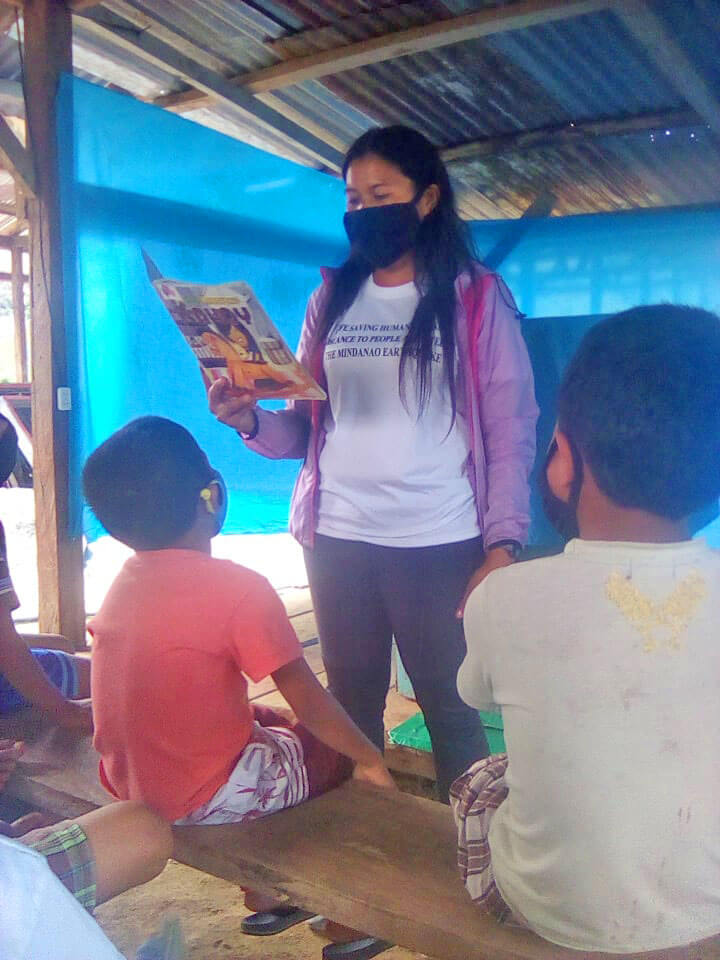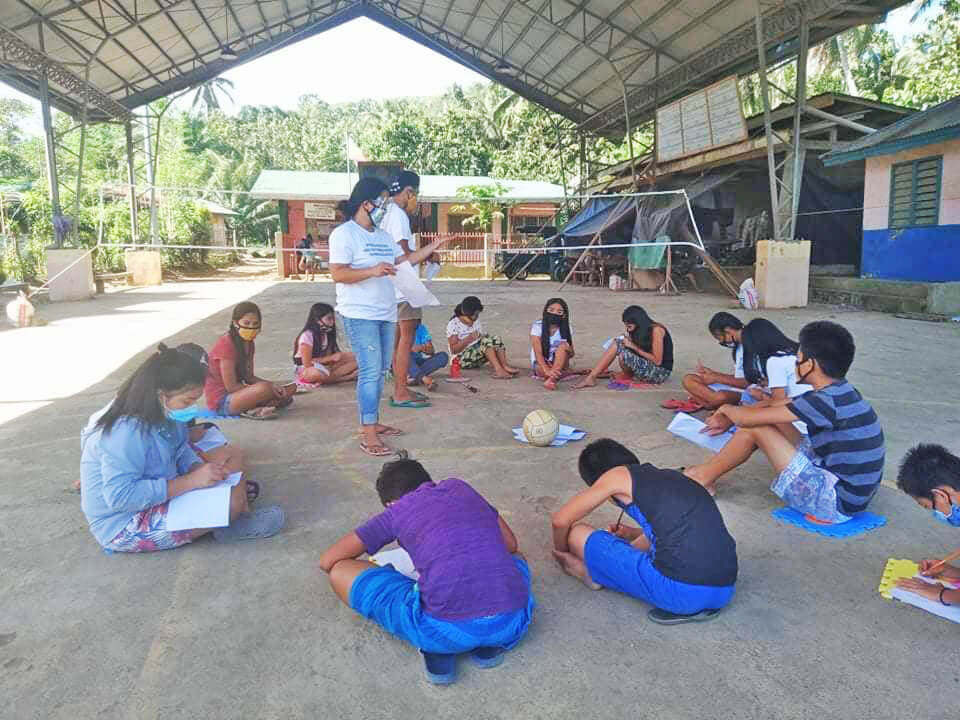World Humanitarian Day 2021 – Louie Bullanday
In celebration of World Humanitarian Day 2021, meet Louie Bullanday, MOVE UP 4 Mindanao’s DRR Supervisor, and one of our Real Life Heroes! Get to know Kim and find out how he takes action against climate change:
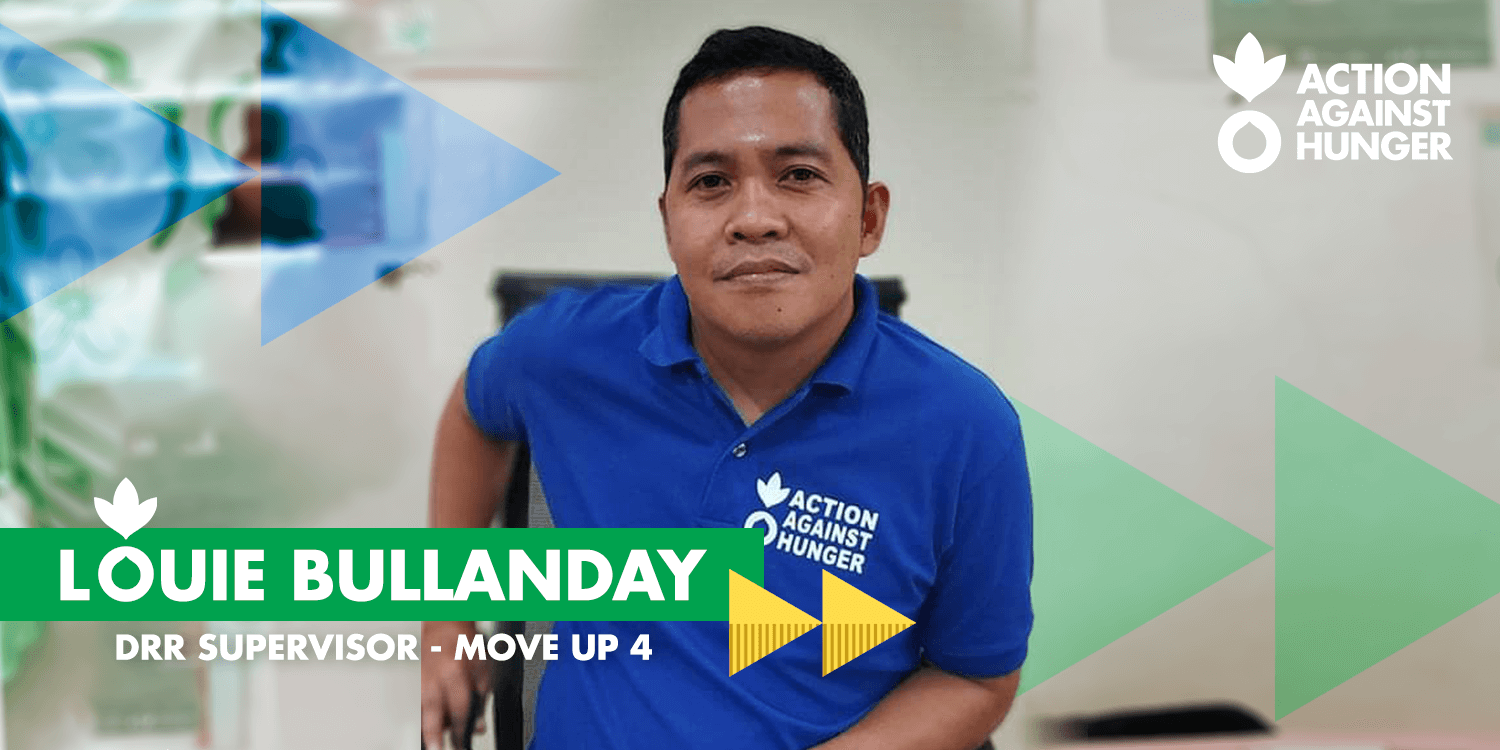
What is your role and/or key responsibilities in Action Against Hunger?
As DRR Supervisor, my role is to provide technical assistance to LGU and pilot communities to improve their resilience mechanisms. These include advocating for Alternative Temporary Shelter systems that promote protection and dignity to displaced people caused by disasters, formulate clear social protection plans and promote resilient livelihood strategies
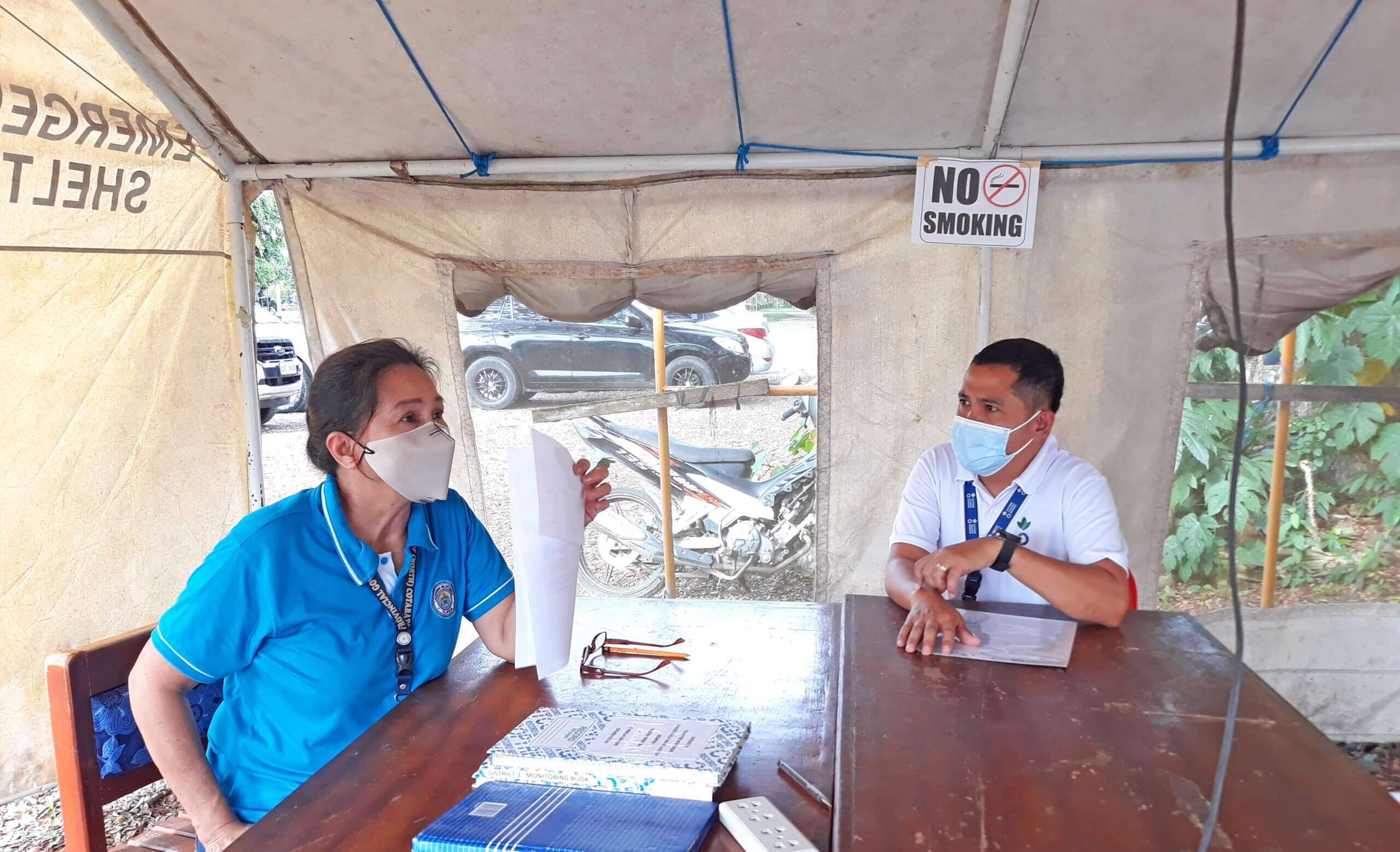
Photo courtesy of Louie Bullanday
How long have you been working as a humanitarian worker?
I have been working as a humanitarian worker for 12 years.
What motivates you to become a humanitarian worker?
The feeling of fulfillment despite challenges is what motivates me. Many are called, but only a few are chosen to do this kind of work. I was chosen to become an instrument to deliver assistance to the survivors of any calamities, and ensuring that the dignities of these people are being upheld.
Why are you making this sacrifice?
Being able to relieve the suffering of people from a disaster gives me fulfillment. I love this kind of work because you see people happy and witnessing their sincere gratitude.
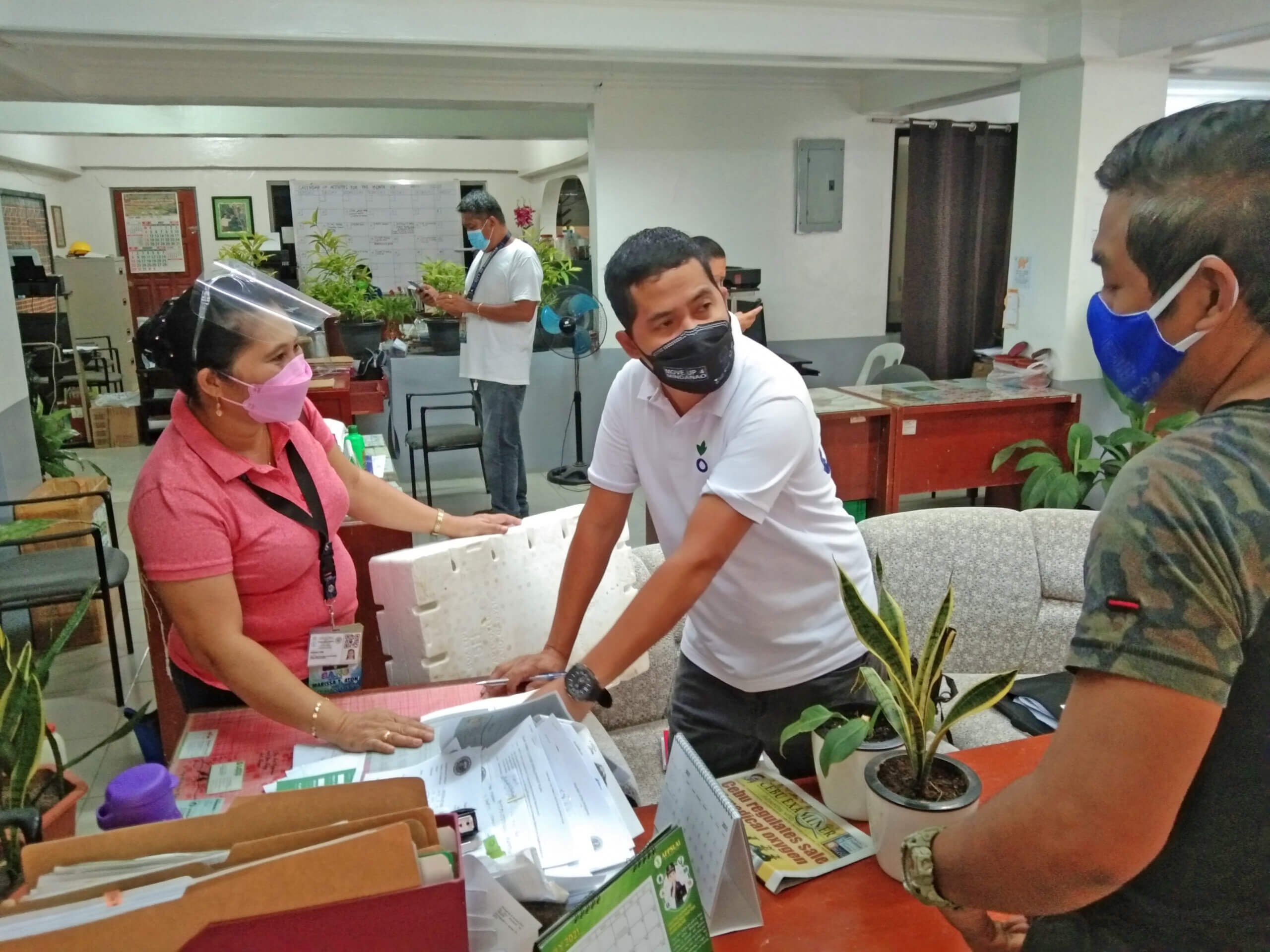
Photo courtesy of Louie Bullanday
What have been the challenges to your work?
Working in communities that do not treat preparedness and resiliency as one of their priorities. They are taking it for granted.
What motivates you to keep doing your work even with these challenges?
The welfare of those families that are dependent on assistance or support from their government, especially the most vulnerable sectors like children, elderly, and PWD.
My family, especially my children, motivates me to do my best at work. I want to be a good example to them.
What are you most proud of?
When I led my team to deliver assistance to affected communities during our previous emergency response. The sincere expressions of gratitude and smiles from the people energized the team to continue to do good.
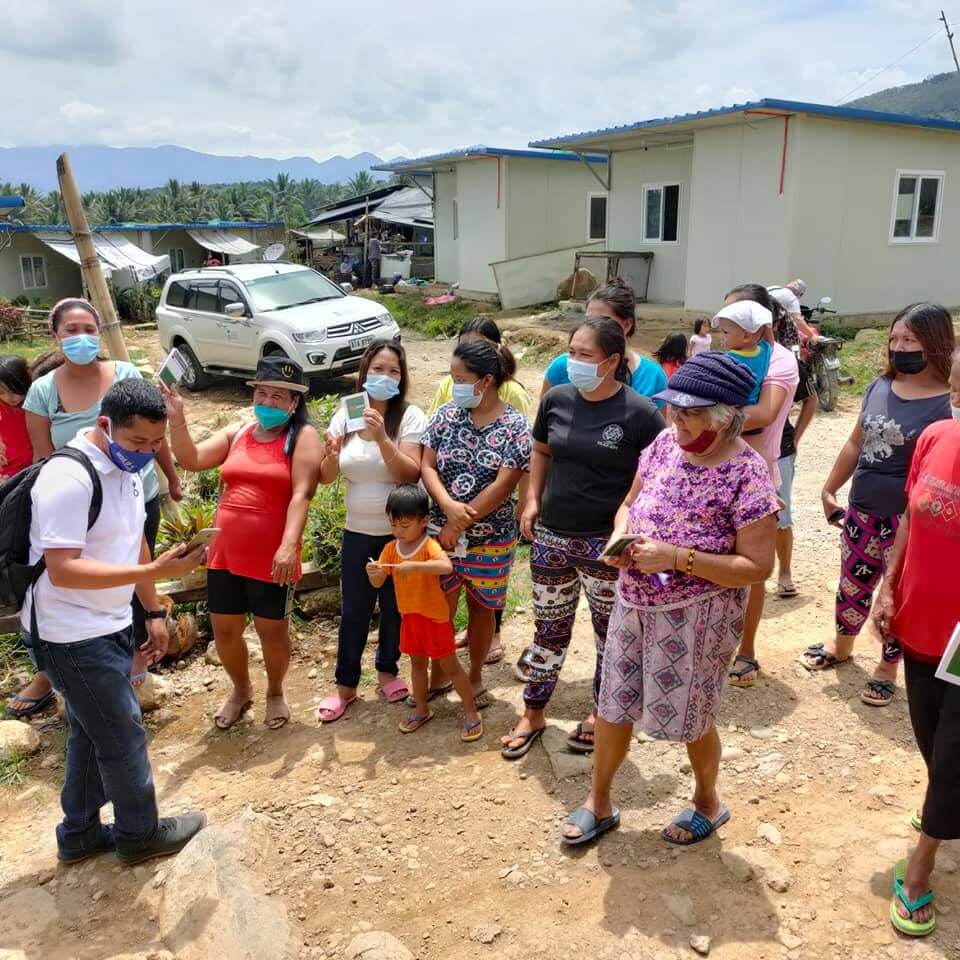
Photo courtesy of Louie Bullanday
What climate change impact have you seen with your own eyes?
The changes in weather pattern which greatly affects farmers. Farmers can no longer depend on rain coming during the rainy season.
How do you help in combating climate change?
My contribution to the fight against climate change is by promoting proper waste disposal, planting more trees, and helping in information campaigns. I strive to be a good example.
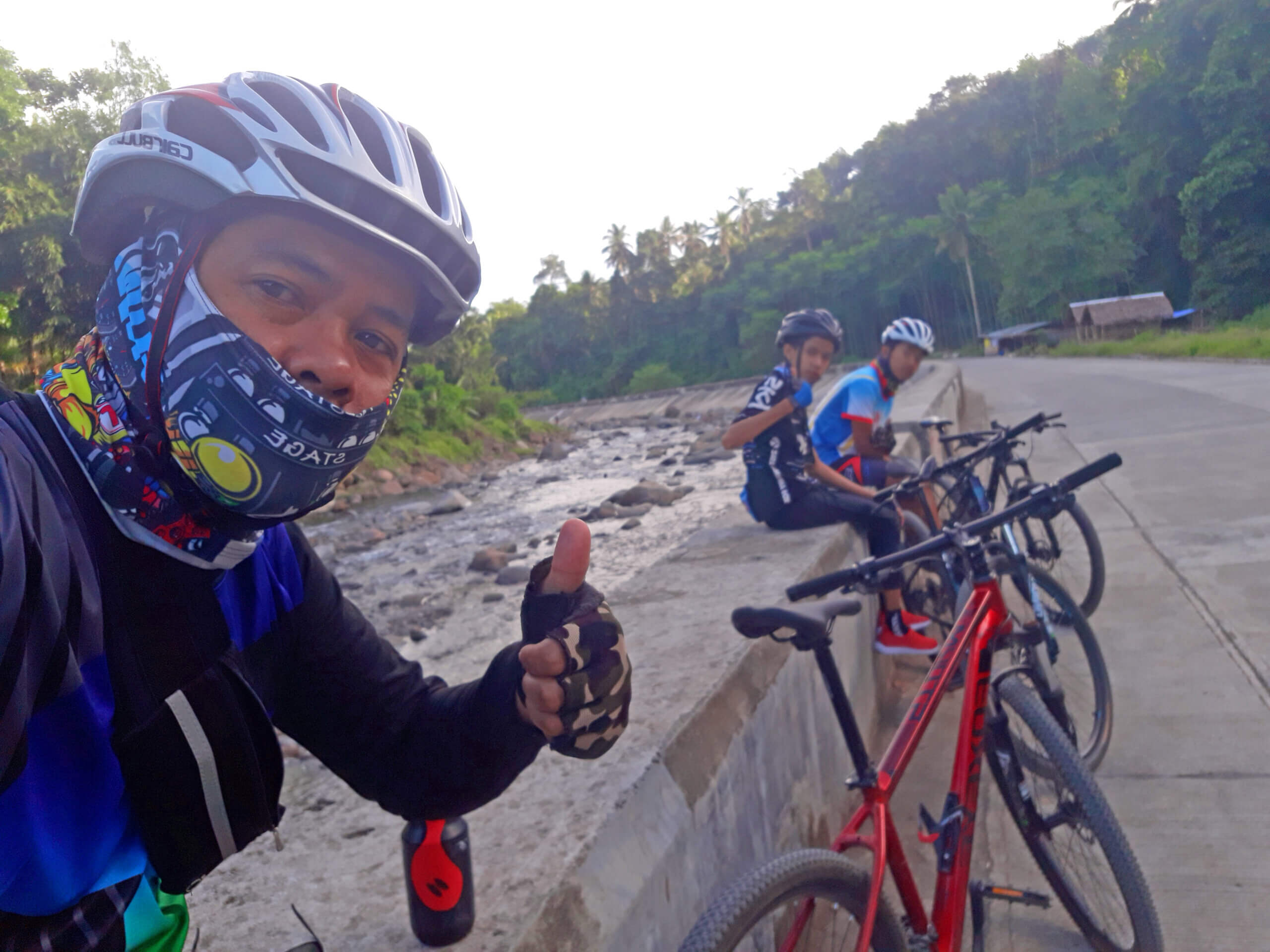
Photo courtesy of Louie Bullanday
Help us fight climate change by leading The Human Race. Read more


